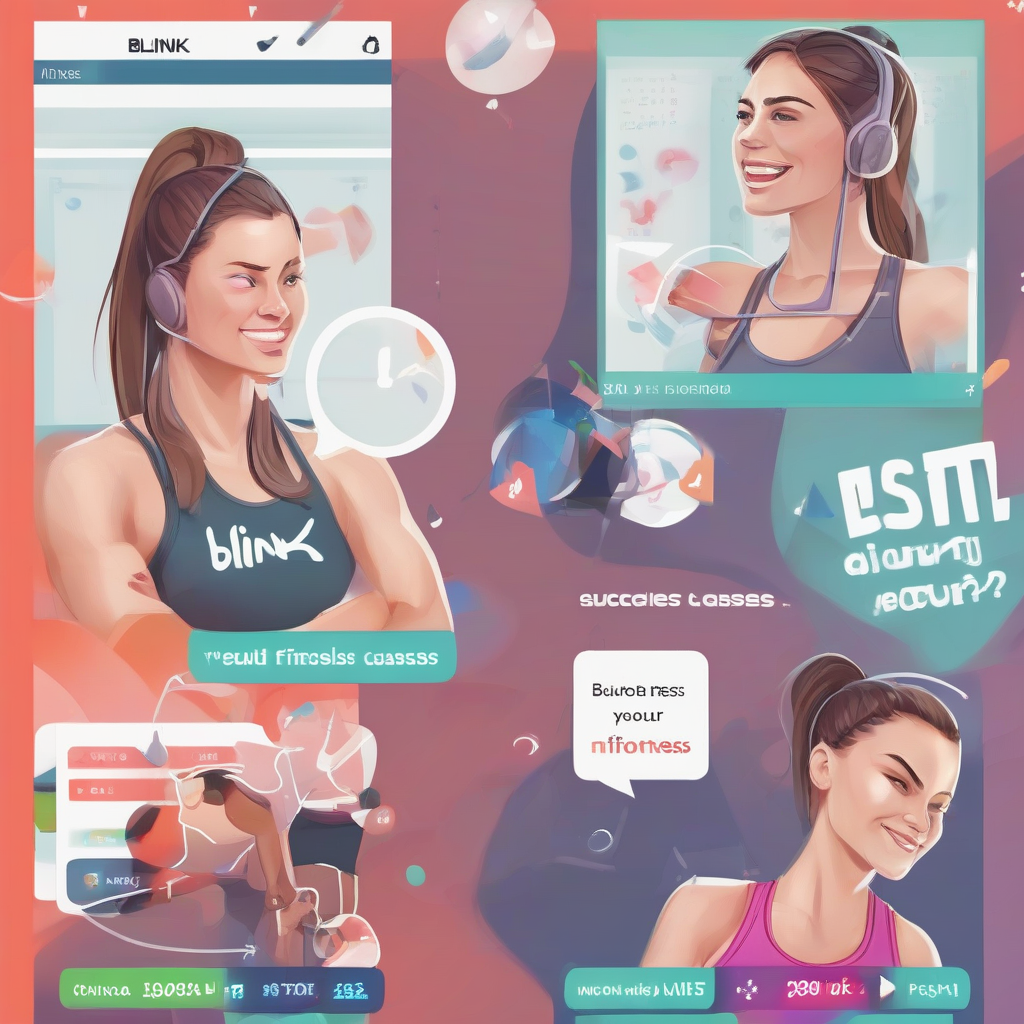Navigating the World of Online Daycare Classes: Benefits, Challenges, and Best Practices
The rise of online learning has revolutionized education at all levels, and early childhood care is no exception. Online daycare classes, while a relatively new concept, are gaining traction as a flexible and accessible alternative to traditional daycare settings. This comprehensive guide explores the benefits and drawbacks of online daycare classes, offering insights for parents, educators, and daycare providers considering this innovative approach to early childhood development.
Benefits of Online Daycare Classes
Online daycare classes offer a unique set of advantages that can significantly benefit both children and their caregivers:
- Flexibility and Convenience: Perhaps the most significant advantage is the flexibility it offers. Parents can access classes from anywhere with an internet connection, eliminating the need for commuting and rigid schedules. This is particularly beneficial for working parents, families with multiple children, or those living in remote areas with limited access to traditional daycare.
- Cost-Effectiveness: Online daycare classes can often be more affordable than traditional daycare centers, reducing the financial burden on families. The reduced overhead costs for providers can translate to lower tuition fees for parents.
- Personalized Learning: Online platforms can be designed to cater to individual learning styles and paces. Interactive exercises, personalized feedback, and adaptive learning technologies allow children to learn at their own speed and focus on areas where they need extra support.
- Exposure to Diverse Learning Materials: Online daycare classes can leverage a wider range of resources, including interactive games, videos, animations, and virtual field trips, making learning more engaging and stimulating. This enhanced exposure can foster a love of learning from a young age.
- Improved Safety and Security: In a controlled online environment, safety concerns related to physical interactions and exposure to germs are minimized. This is particularly relevant during times of illness outbreaks or heightened safety concerns.
- Increased Parental Involvement: Online platforms often provide parents with tools to monitor their child’s progress and participate in their learning journey. This increased involvement fosters a stronger parent-child bond and strengthens communication between parents and educators.
Challenges of Online Daycare Classes
While online daycare classes offer numerous benefits, it’s crucial to acknowledge potential challenges:
- Technology Dependence: Reliable internet access and appropriate technology are essential for participation. Families without consistent internet access or suitable devices may face significant barriers.
- Lack of Social Interaction: Online learning can limit opportunities for face-to-face interaction with peers and educators. This can impact children’s social and emotional development, especially for younger children who benefit greatly from social play and direct interaction.
- Screen Time Concerns: Excessive screen time can have negative effects on children’s health and development. It’s crucial to carefully manage screen time during online daycare classes and incorporate other activities to maintain a healthy balance.
- Parental Involvement Requirements: Successful online learning often requires active parental involvement in setting up the learning environment, monitoring progress, and assisting with activities. This can be challenging for busy parents or those without the necessary support.
- Difficulties with Attention and Engagement: Maintaining children’s attention and engagement in an online setting can be more demanding than in a traditional classroom. Educators need to employ creative strategies and engaging activities to keep children focused and motivated.
- Ensuring Safety and Security: Protecting children’s safety and privacy in the online environment is paramount. Daycare providers must implement robust security measures to prevent unauthorized access and protect children from online risks.
- Curriculum Development and Adaptation: Developing engaging and age-appropriate online curriculum requires expertise in early childhood development and educational technology. It necessitates careful planning and ongoing evaluation to ensure effectiveness.
Best Practices for Online Daycare Classes
To maximize the benefits and mitigate the challenges, incorporating these best practices is crucial:
- Structured Learning Schedule: Establish a clear and consistent daily schedule that mimics the structure of a traditional daycare setting. This provides predictability and routine for children, promoting a sense of stability and facilitating learning.
- Interactive and Engaging Activities: Utilize a diverse range of interactive activities, games, and multimedia resources to maintain children’s interest and engagement. Incorporate movement breaks and opportunities for physical activity to counteract sedentary behavior.
- Age-Appropriate Content: Ensure that all learning materials and activities are age-appropriate and aligned with early childhood development milestones. Select content that is engaging, stimulating, and tailored to the specific needs and interests of the children.
- Regular Communication with Parents: Maintain open and regular communication with parents to provide updates on their child’s progress, address any concerns, and collaborate on learning strategies. Regular feedback loops can strengthen parent-educator partnerships.
- Small Group Sizes: Smaller class sizes allow for more individualized attention and interaction between educators and children. This personalized approach can enhance learning and address specific needs more effectively.
- Emphasis on Social and Emotional Learning: Incorporate activities that promote social and emotional development, such as role-playing, group discussions, and collaborative projects. This can help compensate for the limitations of social interaction in an online environment.
- Integration of Offline Activities: Encourage offline activities that complement online learning, such as art projects, outdoor play, and hands-on exploration. This balanced approach can promote holistic development and reduce excessive screen time.
- Robust Safety and Privacy Measures: Implement stringent security measures to protect children’s privacy and safety online. This includes using age-appropriate platforms, employing strong passwords, monitoring online interactions, and educating children about online safety.
- Professional Development for Educators: Provide ongoing professional development for educators in online teaching methodologies, child development, and technology integration. This ensures that educators are equipped to effectively deliver high-quality online daycare classes.
- Regular Assessment and Evaluation: Regularly assess children’s progress and adapt teaching strategies accordingly. This ensures that the curriculum is effective and meets the individual needs of each child.
The Future of Online Daycare Classes
Online daycare classes are poised for significant growth and evolution. As technology continues to advance and educators refine their teaching methods, online learning will become increasingly sophisticated and integrated into early childhood education. The key to success lies in a thoughtful approach that balances the benefits of online learning with the importance of social interaction, physical activity, and holistic child development. By addressing the challenges and embracing best practices, online daycare classes can become a valuable and effective option for families seeking flexible, accessible, and high-quality early childhood care.




